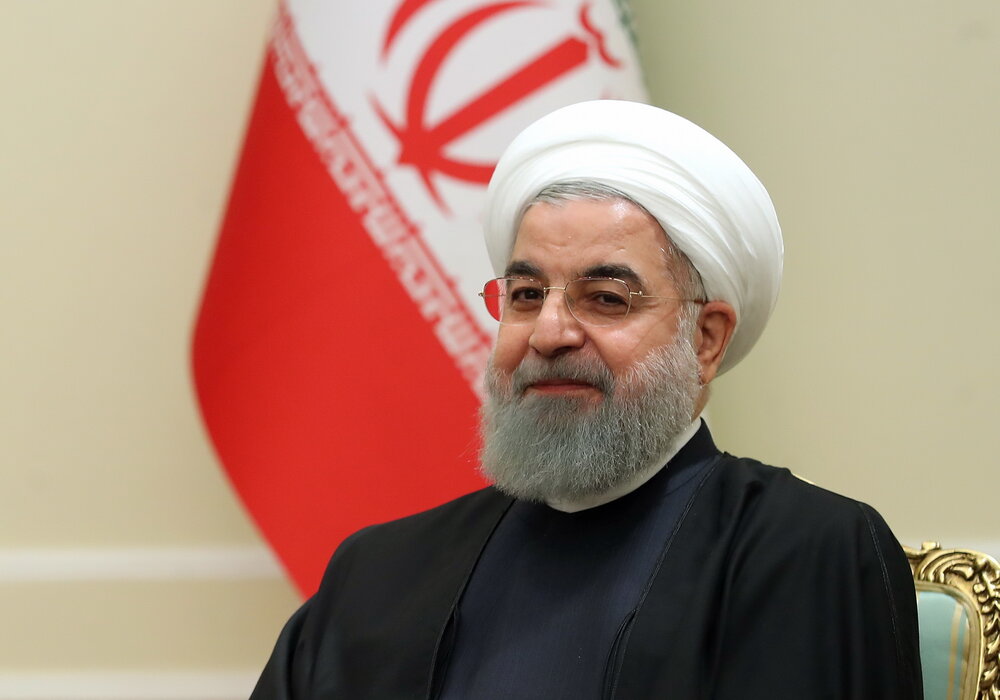Rouhani hopes nuclear deal will be preserved through cooperation

TEHRAN – President Hassan Rouhani has expressed hope that the 2015 nuclear deal, known as the JCPOA, would be preserved through cooperation among its signatories.
In a phone conversation with Russian President Vladimir Putin on Saturday, Rouhani praised Moscow’s stance on the JCPOA.
He also said that Iran is prepared to expand cooperation with Russia in various areas.
U.S. President Donald Trump quit the nuclear deal in May 2018 and introduced the harshest ever sanctions on Iran.
Helga Schmid, secretary general of the European External Action Service (EEAS), said in a tweet on February 25 that all sides have a “collective responsibility” to preserve the nuclear deal.
The remaining parties to the JCPOA issued a statement on Wednesday reaffirming the need to keep the multilateral nuclear agreement alive.
The pledge was made as the JCPOA joint commission held a meeting in Vienna, where the agreement was struck in July 2015. The meeting was attended by diplomats from the European Union, Iran, Russia, China, Britain, Germany, and France.
“All participants reaffirmed the importance of preserving the agreement recalling that it is a key element of the global nuclear non-proliferation architecture,” part of the statement said.
EU foreign policy chief Josep Borrell said on February 16 that he will remain committed to keep the JCPOA alive.
“As coordinator I remain committed to listen to all sides and keep the #NuclearDeal alive,” he said in a tweet.
In May 2019 Iran announced that its “strategic patience” is over and started to reduce its commitments to the JCPOA at bi-monthly intervals in response to the abrogation of the pact by the U.S. coupled with the European Union’s inaction to shield Iran’s economy from sanctions.
In its last step on January 5, Iran took the last and final step, removing bans on the number of its centrifuges.
Borrell has said that Europe must ensure Iran’s benefits from the nuclear deal if it wants the deal to survive.
“If we want the Iran nuclear deal to survive, we need to ensure that Iran benefits if it returns to full compliance,” he wrote in an article in the Project Syndicate published on February 8.
Borrell was notified in January by Paris, London, and Berlin that they had triggered the resolution dispute mechanism.
He has said that the EU will extend indefinitely the time limit to resolve disputes in the nuclear deal to avoid having to go to the UN Security Council or triggering new sanctions.
“There is an agreement that more time is needed due to the complexity of the issues involved. The timeline is therefore extended,” Borrell said in a statement on January 24.
NA/PA
Leave a Comment